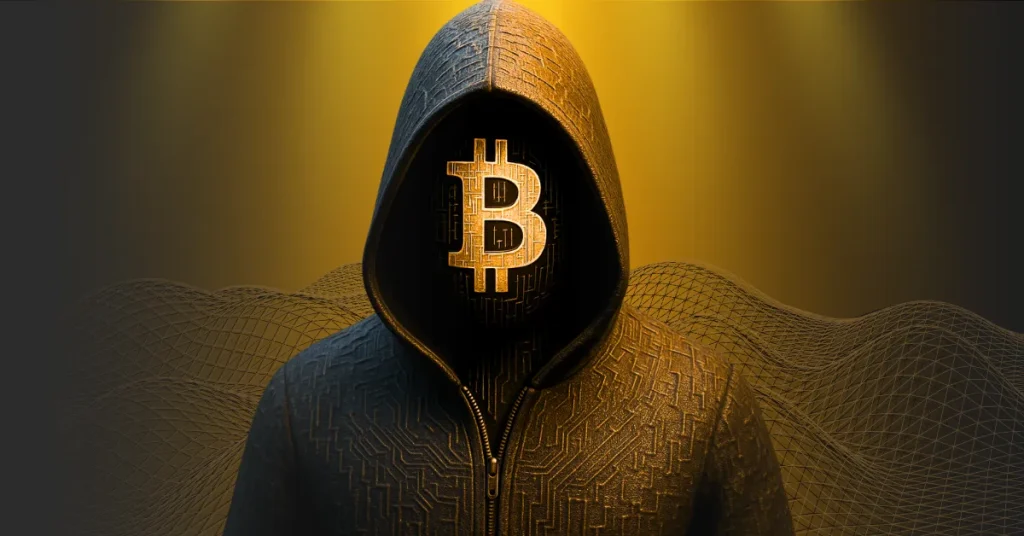
The post CoinDCX Hack: Is Lazarus Group Behind The $44M Crypto Attack? appeared first on Coinpedia Fintech News
India’s two largest crypto exchanges, WazirX in 2024 and now CoinDCX in 2025, have both been hit by major hacks. What is even more shocking is that both attacks happened on the same date, a year apart, and followed the same pattern. Experts say that this is no coincidence.
The cybersecurity firm Cyvers, which detected both the breaches, believes that the latest attack on CoinDCX shows clear signs of involvement by North Korea’s Lazarus Group. This group is known for targeting centralized exchanges using advanced, state-sponsored tactics.
CoinDCX Hack: Signs Point to Lazarus Group
The CoinDCX hack led to a loss of $44.2 million (₹368 crore). But what really stood out was the speed and precision. The entire attack took just five minutes, using a complex setup that involved multiple chains and crypto tools.
Cyvers CEO Deddy Lavid pointed out multiple signs suggesting Lazarus Group’s involvement, like targeting centralized systems, exploiting cross-chain bridges, and hiding transactions using Tornado Cash. The attackers had a deep understanding of exchange liquidity flows.
On July 16, hackers moved funds through Tornado Cash, FixedFloat, Polygon, and finally to Solana. On July 18, they tested with 1 USDT, then quickly stole $44 million in just five minutes. Cleanup transfers followed an hour later.
CoinDCX CEO Sumit Gupta assured users that the issue was quickly contained and that no customer funds were affected. He added that the stolen amount came from the company’s reserves. But the breach only came to light after blockchain investigator ZachXBT posted about it. CoinDCX has also offered 25% of recovered funds to ethical hackers who help retrieve the stolen crypto.
Traditional Security Struggles to Keep Up with Modern Attacks
But this incident reveals a deeper issue. Traditional security systems cannot keep up with the speed and complexity of today’s attacks. In 2024, centralized exchanges saw a 900% increase in losses, mostly due to access control failures and key leaks. Attacks like these bypass standard monitoring tools and move assets across chains faster than human teams can react.
These kinds of hacks are becoming more common. Just in Q2 2024, over 65% of crypto losses came from centralized exchanges like this one. Cyvers notes that the industry needs better real-time monitoring and off-chain checks to prevent more damage.
Besides, India’s delay in crypto regulations is proving to be very costly. Former Finance Secretary, Subhash Chandra Garg notes that the lack of clear rules around crypto use cases and trading is contributing to major breaches like the WazirX and now the CoinDCX hack. While the U.S moves ahead with strong crypto laws, India continues to hesitate, and this could hurt the country in the long run.

 8 hours ago
10
8 hours ago
10



![Kaspa [KAS] soars 13% – But THIS resistance zone signals caution!](https://ambcrypto.com/wp-content/uploads/2025/07/C5748ED4-0A81-4CDB-A389-DF6CA3B0145D.webp)










 English (US) ·
English (US) ·